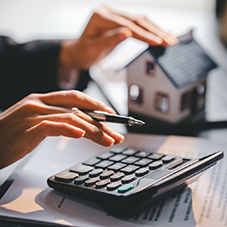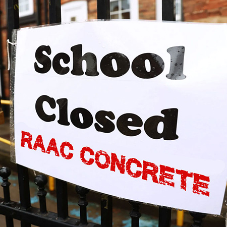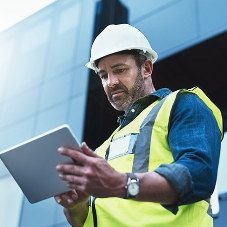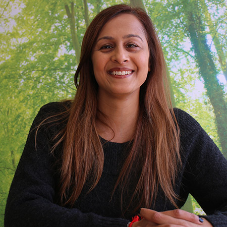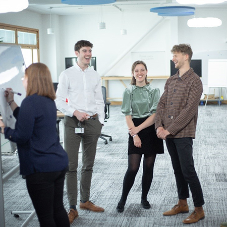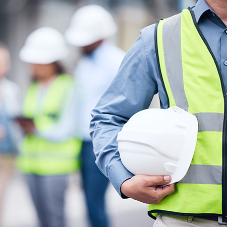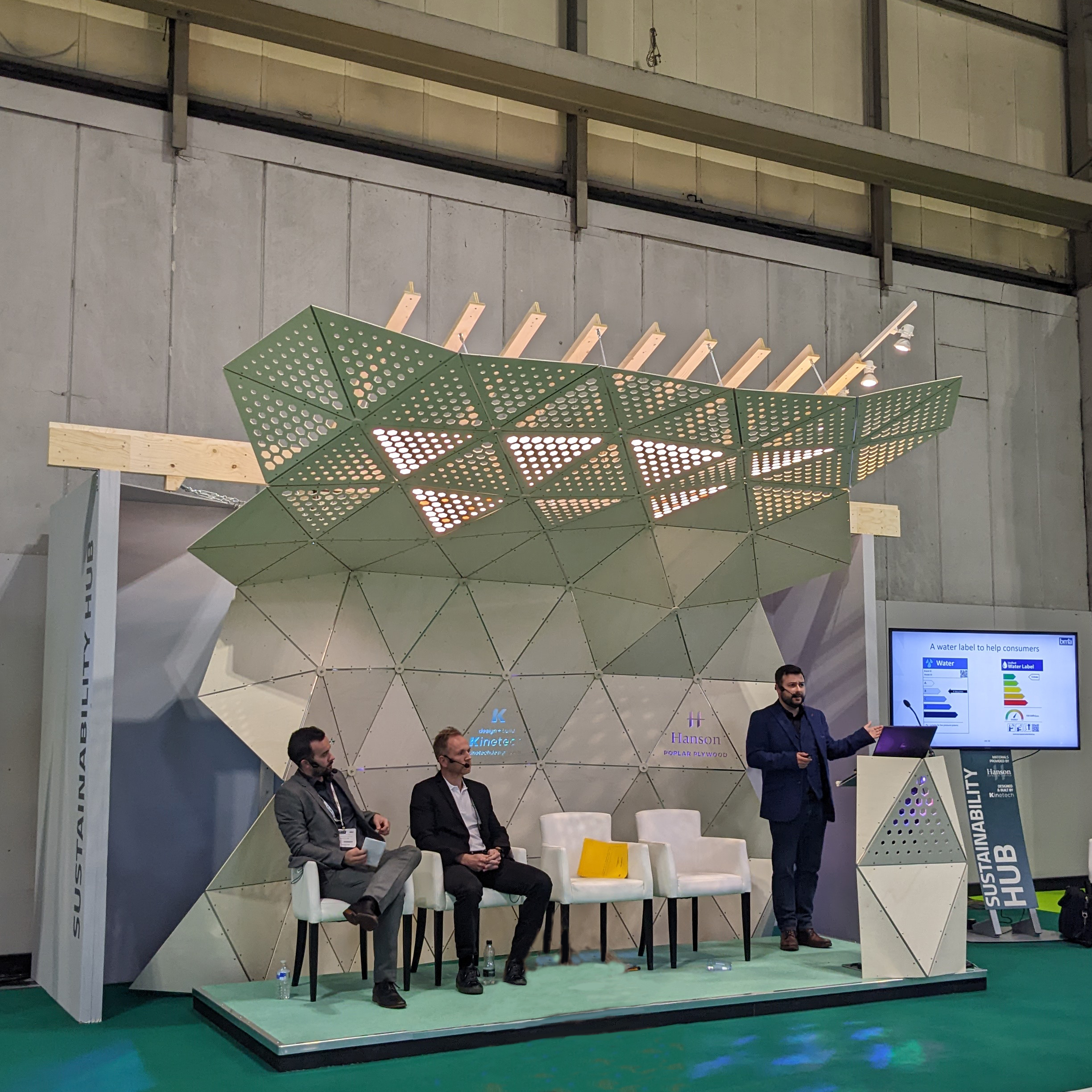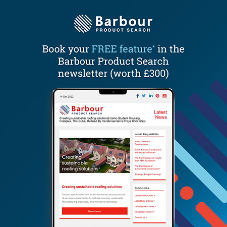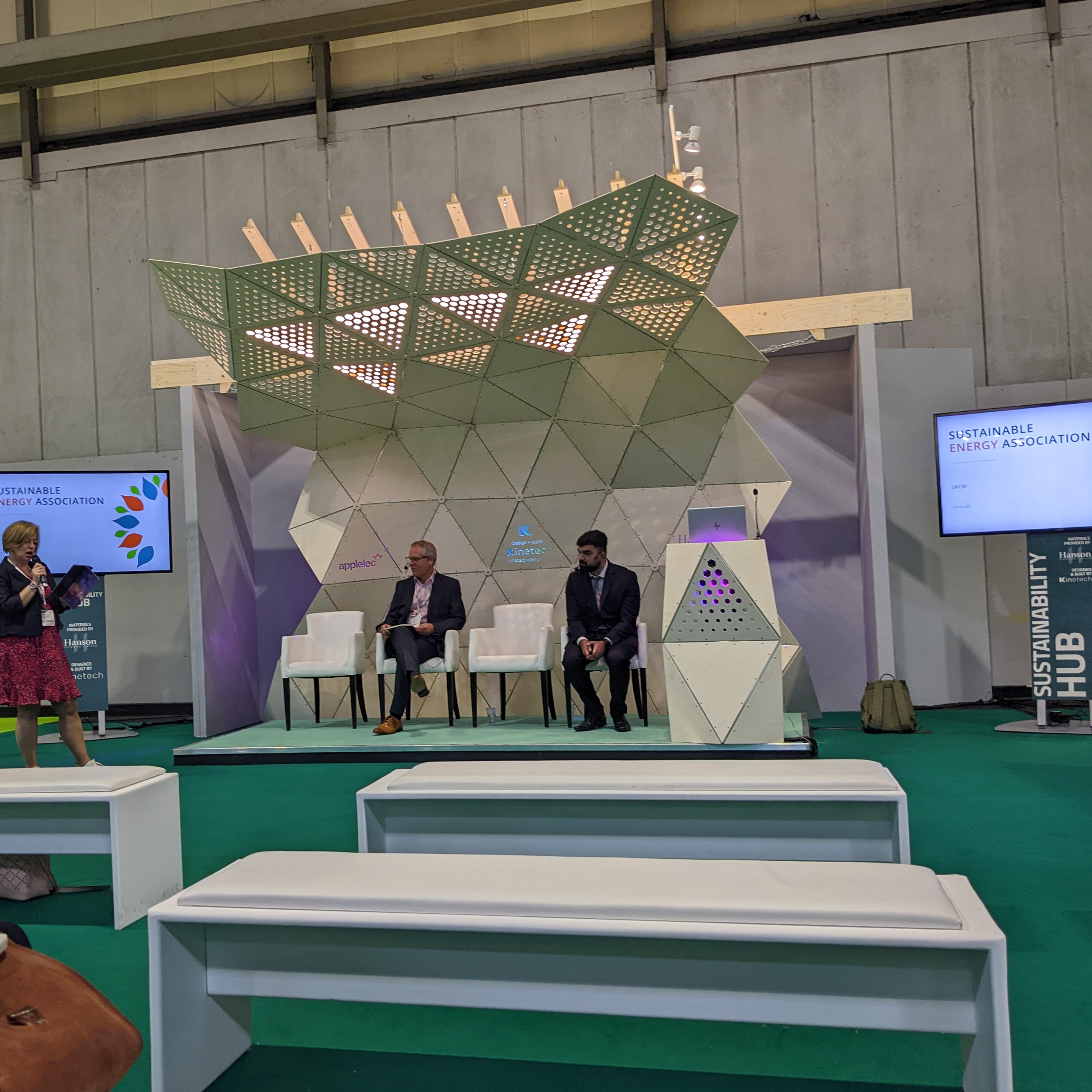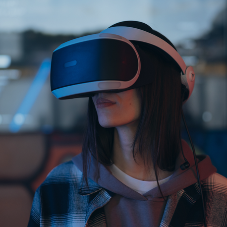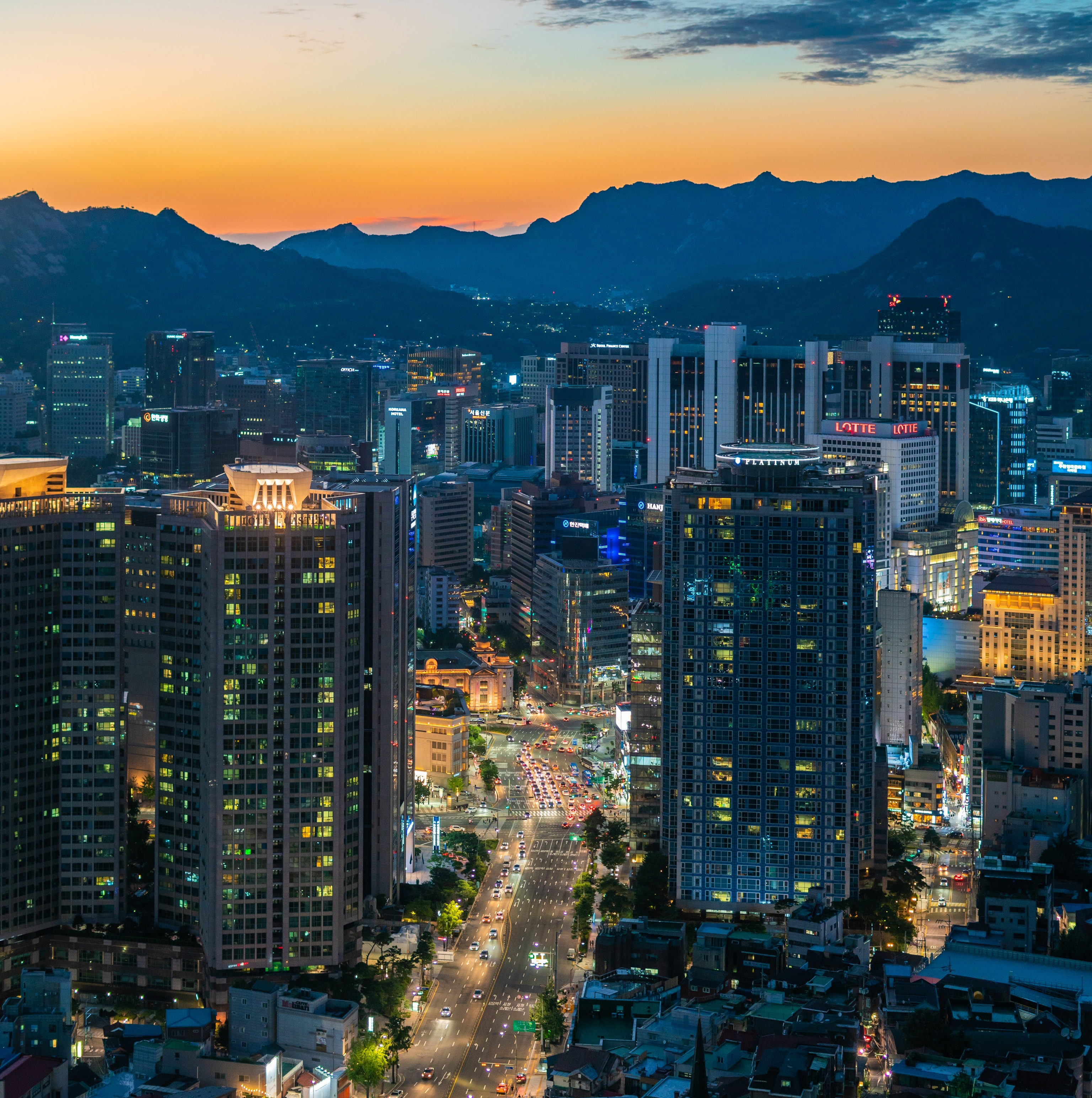One of the most talked about technologies in construction at the moment is solar. With projects having to adhere to strict efficiency targets, and renewables being used more frequently, the use of solar products are becoming ever more common. I have decided to take a look at what the advantages are of using solar, but also if there are things you need to consider before taking the plunge.
Firstly, solar power can be defined as the conversion of the energy from the sun to usable electricity. One of the most common uses of solar power utilises photovoltaic cells to convert sunlight into electricity. Take a look at modern homes and it is likely you will see solar panels adorning the rooftops. With this in mind, one of the most obvious advantages of solar is that it is a renewable energy source. With its power emanating from the sun, it can be harnessed in all areas of the world and is available every day. We cannot run out of solar energy, unlike some of the other sources of energy. Solar energy will be accessible as long as we have the sun.
Conversely, being reliant on the sun can also be detrimental. Although solar energy can still be collected during cloudy and rainy days, the efficiency of the solar system drops. Solar panels are dependent on sunlight to effectively gather solar energy. Not ideal if you live in England, and normally enjoy a good week of sunshine during the whole year. A few cloudy, rainy days can have a noticeable effect on the energy system. You should also take into account that solar energy cannot be collected during the night.
When you are a homeowner, one of the things likely to be on your mind is electricity bills, and this again is where solar can help. Since you will be meeting some of your energy needs with the electricity your solar system has generated, your energy bills will drop. Furthermore, solar energy systems have low maintenance costs. You only need to keep them relatively clean, so cleaning them a couple of times per year will be sufficient. There are no moving parts, and there won’t be rust or wear and tear.
Cost is something you need to consider very carefully before investing in a solar energy system, as even though you can make savings in the long run, the initial cost can be quite high. The upfront costs include paying or solar panels, inverter, batteries, wiring and for the installation. Another thing to ponder is the space these products require. The more electricity you want to produce, the more solar panels you will need, because you want to collect as much sunlight as possible. Some roofs will not be big enough to fit the required number of solar panels that you would ideally like, so that is an important judgement that will need to be made before possible installation.
No matter what way you look at it, solar energy is a growing force and is becoming ever more popular. There are important factors to consider before you make the decision, is your home or building big enough, would the savings in the long run outweigh the initial cost of installing the panels? After giving these factors some thought, will you be saying see you soon or so long to solar?
If you’d like to comment about this article, please follow this link to our LinkedIn post

